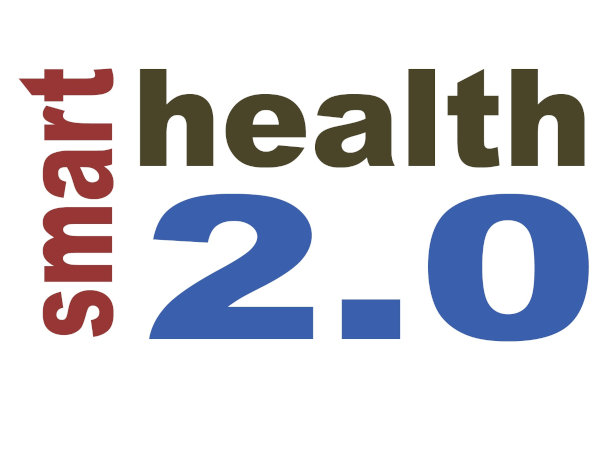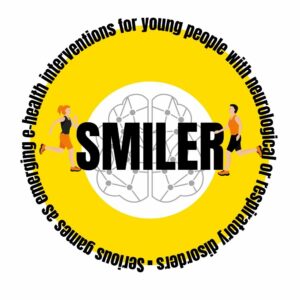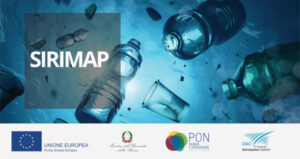Smart Health 2.0: “Smart Health” e “Cluster ODSH – SmartFSE – Staywell
The Smart Health 2.0 project was one of the most important Research and Development projects in the Healthcare domain, aimed at innovating the Health System through ICT technologies. Co-funded under the “Smart Cities and Communities and Social Innovation” program – PON Research and Competitiveness 2013, supported by the Ministry of Education, University and Research (MIUR), the project, of about 46 millions of euros and lasting 3 years, has represented one of the largest public investments in health innovation since the 80s. The project is derived from the integration of the two projects titled “Smart Health” and “Cluster ODSH – SmartFSE – Staywell” presented under the Smart Health context of the Notice D.D. 84 / Ric of 2 March 2012 and approved with D.D. 626 / Ric of 8 October 2012 and 703 / Ric of 19 October 2012. The two projects then set up a unitary group of research activities aimed at guiding the main issues of Health 2.0, proposing, as a “vision”, the realization of an innovative technological infrastructure for e-health, on which to develop various services for the activation of new models of activities in the area of health and well-being. The project was attended by 15 companies, large industries and SMEs, and 10 between universities and research centers. In more detail, the project, divided into several lines of research, has chosen the overall objective of developing an innovative technological infrastructure, with applications at the supra-regional, local and individual levels, capable of enabling new models of intervention in the main moments of health and well-being of citizens, from the “pre-clinical” area (wellbeing, lifestyles and prevention), to the management of emergencies and of acute crisis (diagnosis through innovative sensors, optimization of health paths) up to dehospitalization, home caring and telemedicine services in chronicity. The connection between the “vertical” elements of the healthcare path has been designed in an “open” mode on a “cloud” horizontal technological platform. The information has been shared according to the paradigm of the 2nd generation Electronic Health Record (compatible with the InFSE specifications and consistent with the National Guidelines), able to allow the technical, semantic and organizational interoperability for the exchange of data and for aggregation and intelligent monitoring of health events. In this context, the development of a platform for the formalization and optimization of care profiles has been also envisaged, capable of capitalizing the information present in heterogeneous and distributed health databases. Finally, high value-added application services have been created with varied objectives, from the prevention and management of wellness and lifestyle through app, to the local medicine and the detection and monitoring of pathologies using advanced sensors, until the access to heterogeneous social and health services, the governance of health processes, the control of clinical risk (risk management) and the empowerment of health workers. The experimental phase of the services and applications developed has involved the Italian regions of Calabria, Campania, Puglia and Sicily.


